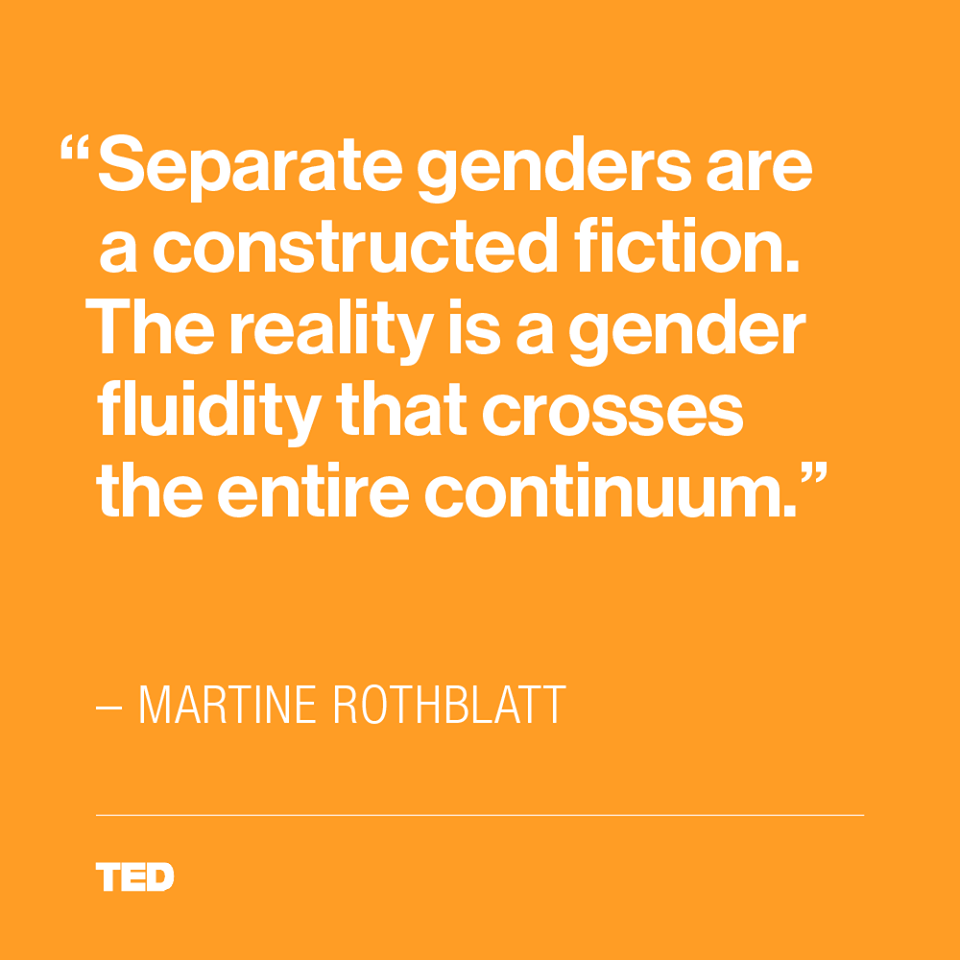< Return to Trans Guernsey

Many people assume that being trans means someone who has either had or who is currently in the process of physically ‘changing’ from a man to a woman or from a woman to a man. Because of this, many people who are just coming to terms with their trans identity also believe this to be the case –
but it’s not that simple.
Being trans can involve many different types of gender identity and covers a variety of life choices.
This can include:
- Living permanently with a different gender identity or living part-time with a different gender identity.
- Changing your appearance to reflect another identity through choice of clothes and other methods of presenting as your true self.
- Partly or permanently changing the appearance of your body through hormone therapy and/or surgery.
- Not conforming to any gender stereotypes – for example, a trans person who was born male who has facial feminising surgery and breast implants but does not want to have any lower body surgery.
- Not transitioning but occasionally wearing clothes usually associated with the ‘opposite’ gender.
- Being gender neutral and not wishing to present as either male or female.
It is important to acknowledge that not all trans people are able to or choose to have genital corrective (or reassignment) surgery. For others, however, this is an incredibly important stage in correcting the gender they were assigned with at birth and in living the life they want to live.
In this film we meet Alex who grew up in Guernsey struggling with her gender identity. It is a heart-rending story of growing up against a background of societal prejudices and gender stereotyping, which had a profound effect on Alex as she progressed from early years into adolescence and adulthood.
How you decide to live your life as a trans person is really up to you.
The most important lesson is to take your time and not to rush into decisions that you may regret in later life.
Questions you may ask yourself could include:
- Do I want to live full time or periodically with a different gender identity?
- Do I enjoy dressing in a different gender identity but am happy with my body as it is?
- Does my body match with my gender identity?
- Do I want my body to be different to how it is now?
- Although my external appearance might be that of a male/female
– is this really how I feel? - If I don’t identify as male or female, what do I do?
- How do I want to live my life?


The first person to ‘come out’ to is yourself!
It can take a long time between having those first thoughts about your true gender identity to proactively taking the steps you want to take in changing your life and really living the life you want to live. When ‘coming out’ to others it is really best to first tell someone who you trust and who you feel will be supportive and understanding. This may be a good friend, a family member, a partner or a professional who has some expertise in trans issues (maybe a counsellor or therapist who specialises in working with trans people).
- Make contact with other people in a similar situation. This can really help you to build your confidence. If you know people who understand, you’ll be in a better position to tell others.
- Try to act confidently even if you don’t feel confident. People usually react positively to someone who appears to be confident.
- Talk to people you trust, and don’t tell everyone at once.
- Be prepared for questions, and make sure that you have as much information as possible to answer questions.
- If you tell someone who is close to you and they have a negative reaction, give them space. Try to put yourself in the position of the people you tell, especially partners. Your news can affect how they feel about themselves as well as how they feel about you.
- Remember that it probably took you quite a while to accept your identity as a trans person. Other people also need time to reflect and process this new information about you. They may also need to get support and advice.
- Be patient but persistent if you want someone to call you by a different name.
- Remember that when other people accept who you are it can have a really positive effect on building your self esteem.
- Finding role models who we can relate to can inspire and encourage us. There are many trans people who are very happily living their lives and achieving great things.
- Reading stories of other trans people’s lives and how they became the person they are today can help give you strength and motivation to continue on your journey to where you want to be as a trans person.

